Experts call for broader, patient-focused EU definition of ‘unmet medical need’
Debate over how the EU should define “unmet medical need” (UMN) is intensifying as institutions move closer to finalising the pharmaceutical reform package. The definition will determine which diseases and therapies qualify for EU-level incentives, making it one of the most consequential policy questions for Europe’s health and innovation landscape.
At the European Health Forum Gastein, Steffen Thirstrup, Chief Medical Officer of the European Medicines Agency (EMA), suggested redefining “unmet medical need” as “unmet therapeutic need” to better reflect patient realities. He stressed that the definition must be “operational and clear,” but also grounded in patient reality. He argued that policymakers should look beyond the simple question of whether a treatment exists:
“We need to examine whether the available therapeutic options fulfil patients’ needs … whether patients are optimally treated.”
Thirstrup cautioned against framing unmet need in black-and-white terms—either the presence or absence of a therapy—pointing out that even when effective medicines are available, they may not meet all patients’ needs in real-world conditions. In many therapeutic areas, treatments work for the majority but not for everyone. As he explained, “There may be a therapy that is working, fulfilling the unmet medical need, but for many patients, the way they have to take it makes compliance very difficult.” This gap between trial efficacy and real-life effectiveness, he noted, leaves both patients and health systems short of expected outcomes.
PAREA’s policy paper on Unmet Medical Needs released in 2024 supports redefining the concept of unmet needs. It argues that the EU’s current, narrow interpretation—focused primarily on life-threatening or rare diseases—fails to capture the societal burden of widespread and chronic conditions such as mental health and substance use disorders. These represent some of Europe’s largest treatment gaps, with millions living without effective, accessible care.
As the EU finalises its pharmaceutical package, PAREA urges policymakers to adopt a people-centred and public-health-oriented definition—one that rewards innovation addressing real-world needs and supports equitable access to transformative treatments.
Read PAREA’s full policy paper here.


